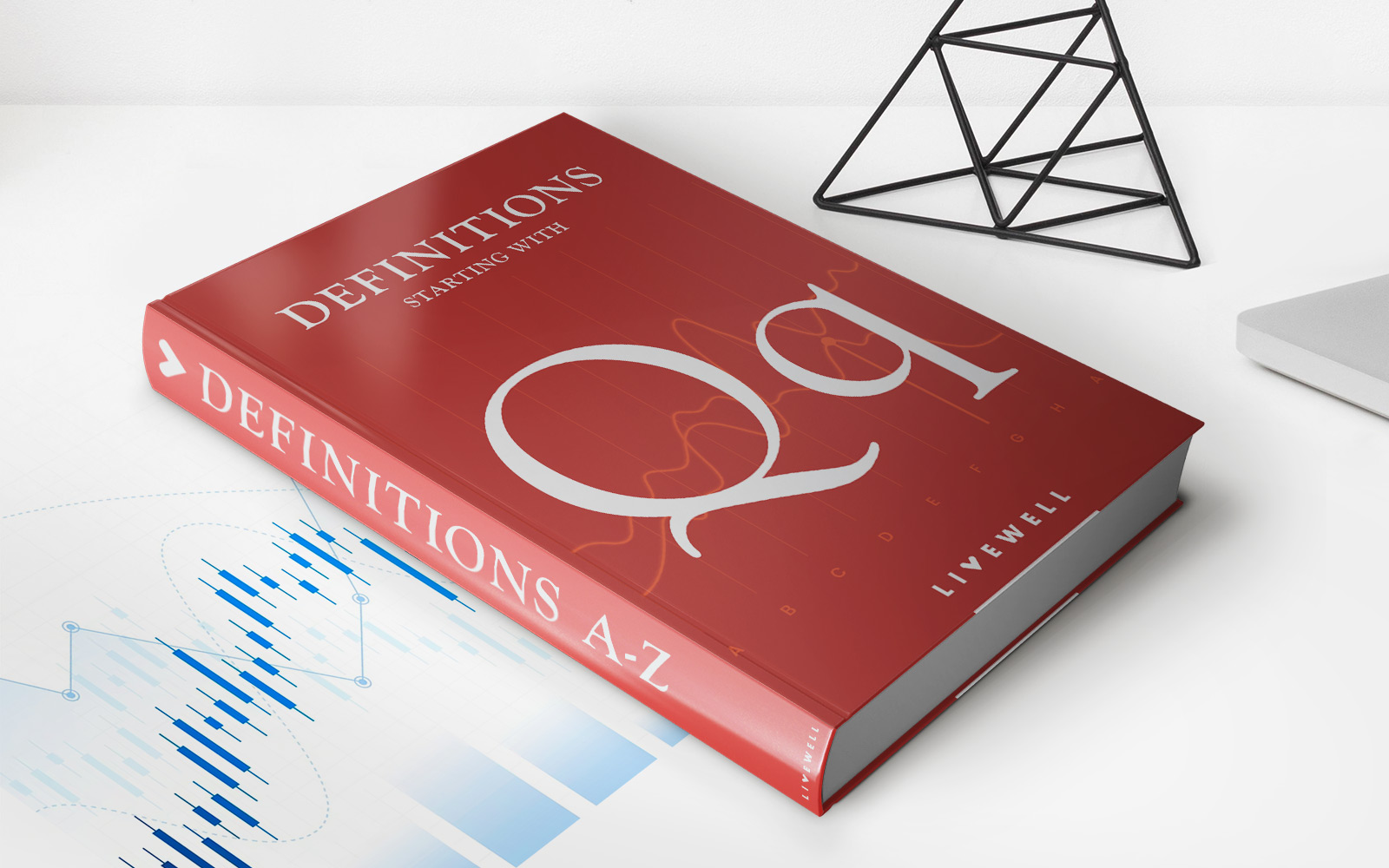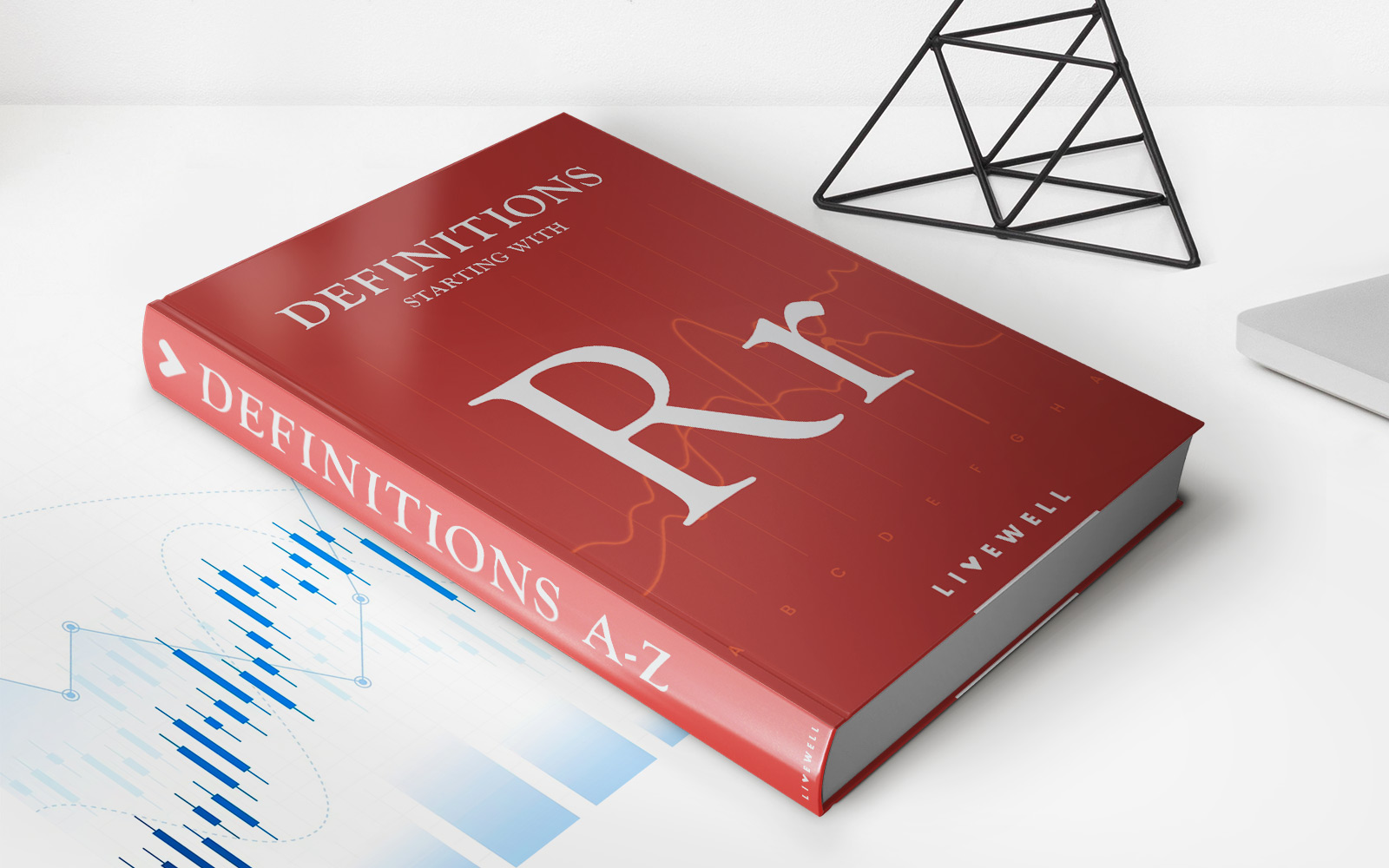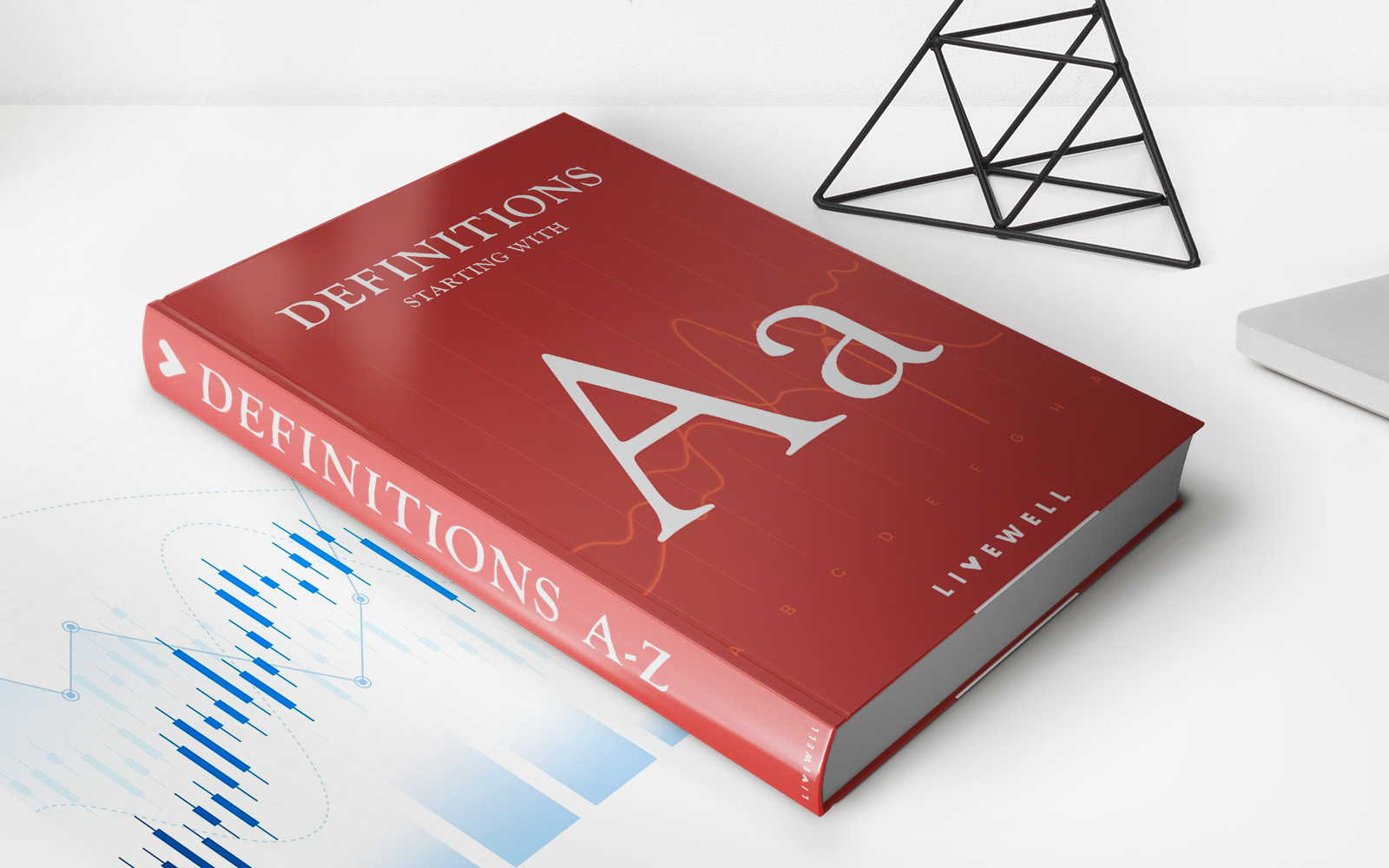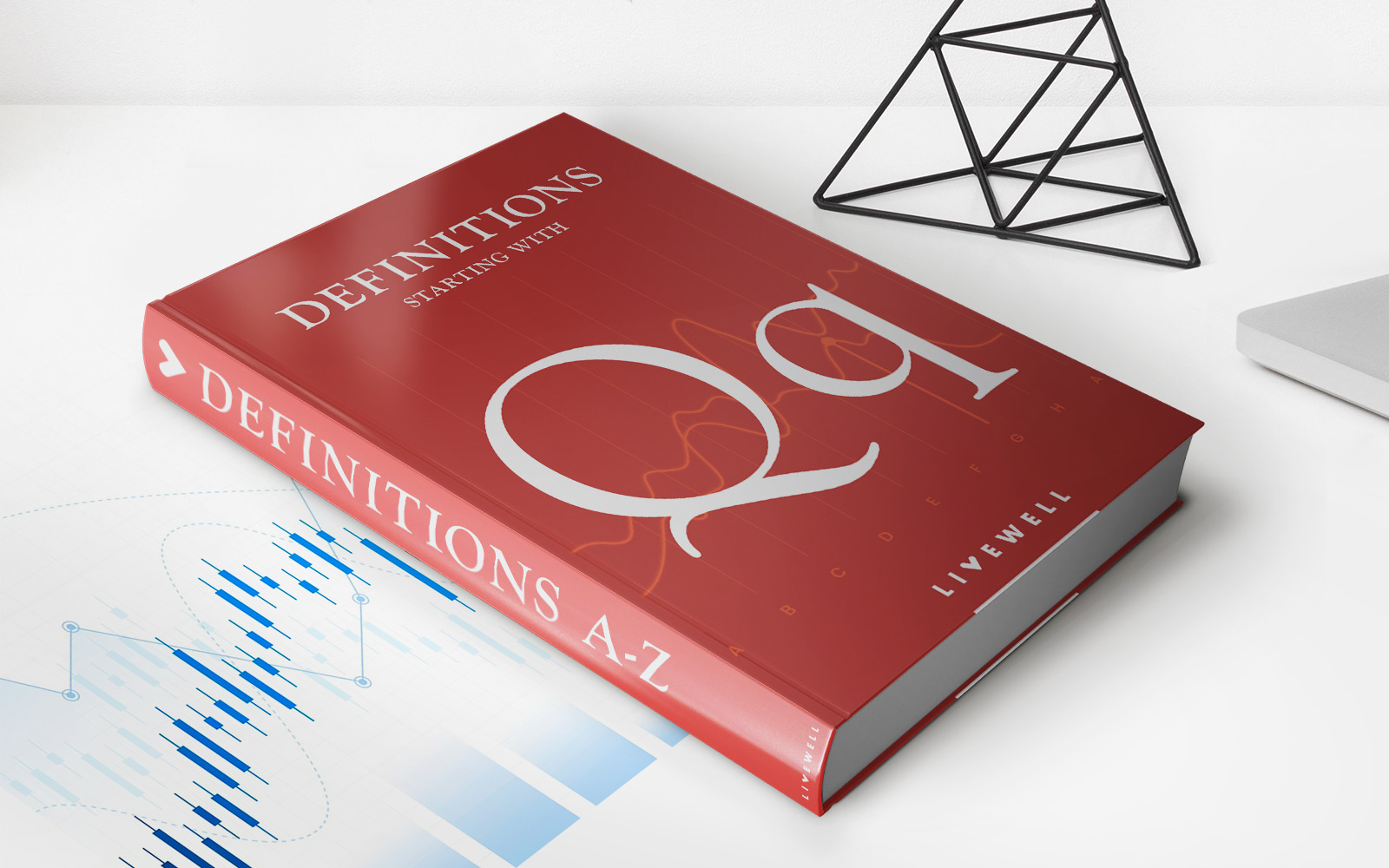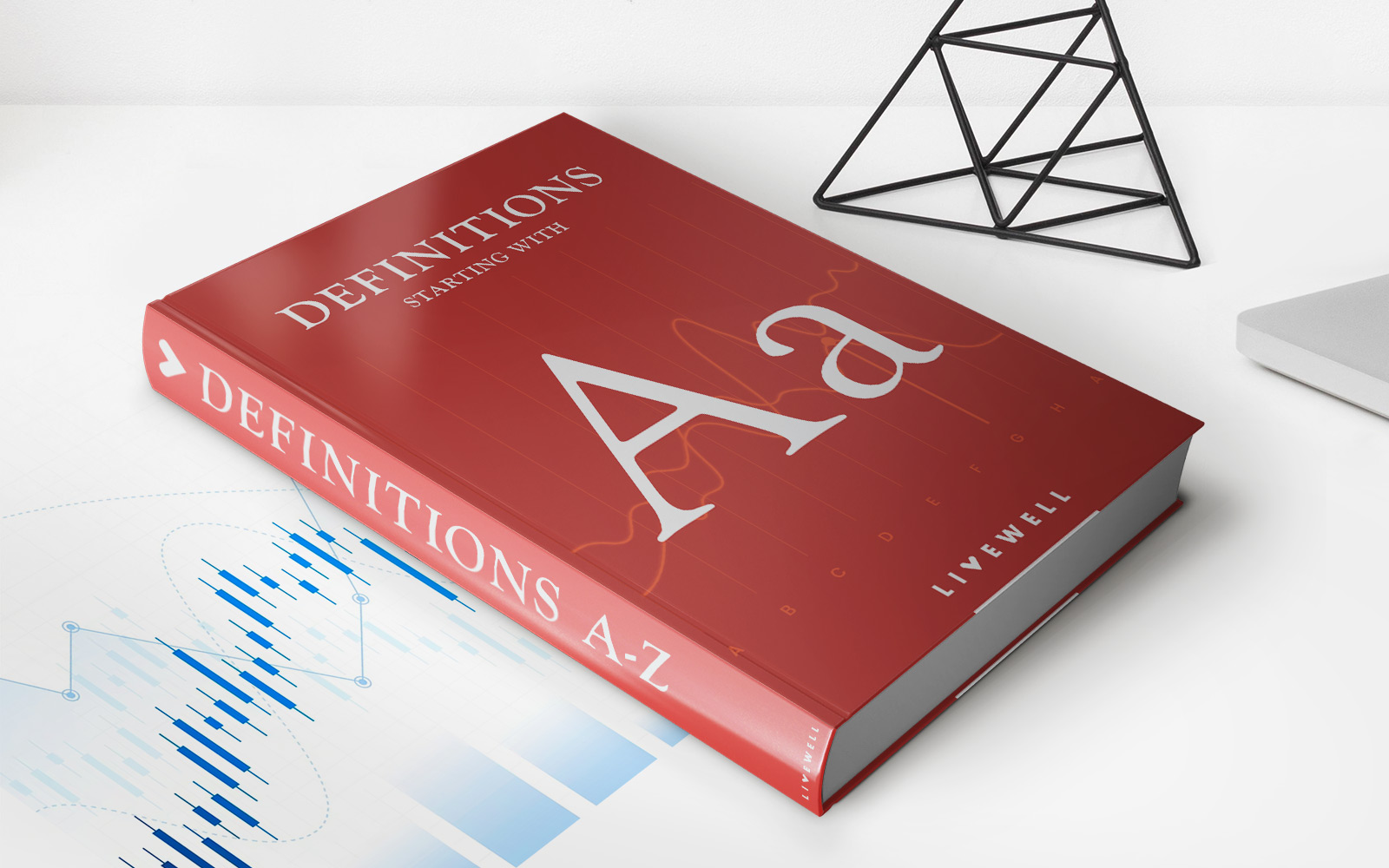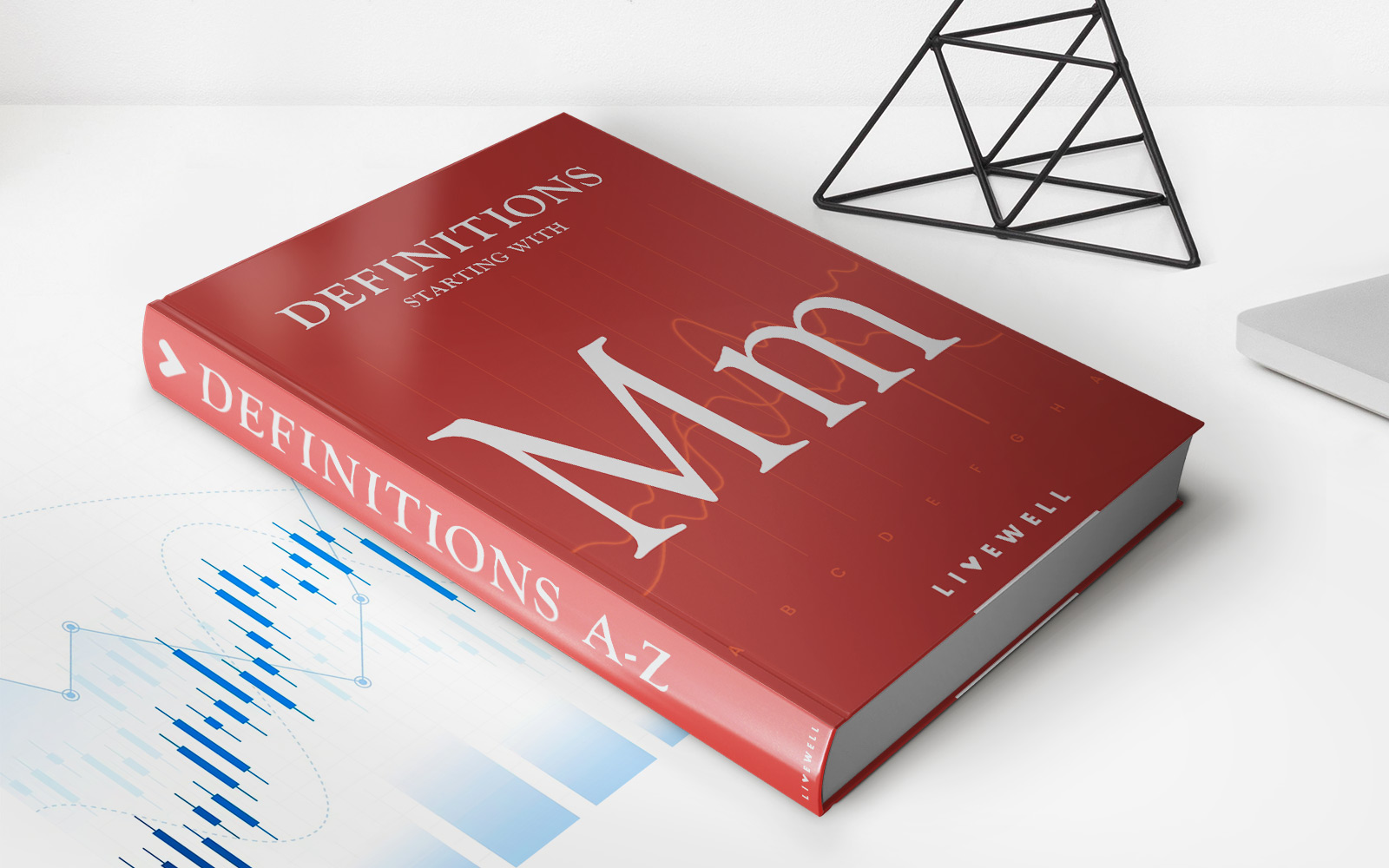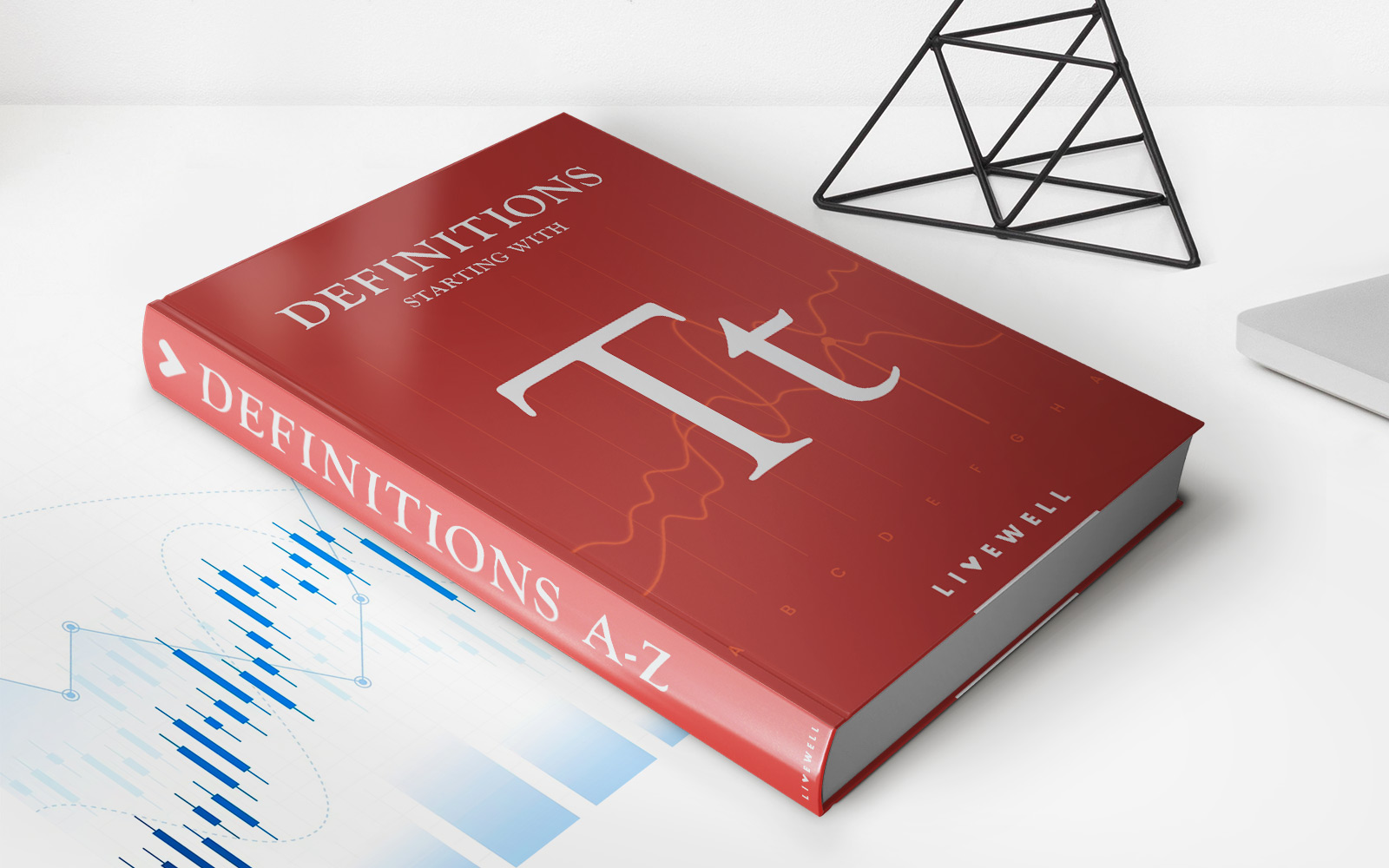

Finance
Quick Assets Definition
Published: January 15, 2024
Learn the definition of quick assets in finance and how they can impact your financial situation. Enhance your knowledge of finance with our comprehensive guide.
(Many of the links in this article redirect to a specific reviewed product. Your purchase of these products through affiliate links helps to generate commission for LiveWell, at no extra cost. Learn more)
The Importance of Quick Assets Definition in Finance
Welcome to our Finance blog category, where we delve into various topics related to managing your finances, achieving financial goals, and understanding essential financial concepts. In this blog post, we will focus on the definition and significance of quick assets in the field of finance. By the end of this article, you will have a clear understanding of what quick assets are and why they matter for financial decision-making.
Key Takeaways:
- Quick assets are highly liquid assets that can be easily converted into cash within a short period.
- These assets play a crucial role in assessing a company’s financial health and ability to meet short-term obligations.
Now, let’s dive deeper into the world of quick assets and explore their importance in the realm of finance.
Defining Quick Assets
Quick assets, also referred to as liquid or current assets, are financial resources that can be rapidly converted into cash or used up within a year or less. These assets serve as a measure of a company’s liquidity, indicating its ability to cover short-term liabilities without facing financial distress.
The Components of Quick Assets
Quick assets typically include the following components:
- Cash: This represents physical currency and funds held in checking accounts or other short-term investments that can be easily accessed.
- Cash Equivalents: These are highly liquid investments that can be converted into cash quickly. Examples include money market funds, treasury bills, and short-term government bonds.
- Accounts Receivable: These are the amounts owed to a company by its customers for products or services provided on credit. Accounts receivable can be turned into cash by collecting the outstanding payments.
- Short-term Investments: These include investments such as marketable securities and certificates of deposit, which can be easily liquidated to generate cash.
The Significance of Quick Assets
Quick assets are crucial for companies in assessing their financial health and stability. Here’s why they matter:
- Short-term Obligations: Quick assets provide companies with the means to meet their short-term financial obligations, such as paying suppliers, making payroll, or covering unexpected expenses.
- Financial Flexibility: Companies with a higher proportion of quick assets have greater flexibility to respond to market changes, unforeseen events, or economic downturns.
- Lender Confidence: Lenders and investors often evaluate a company’s quick assets position before extending credit or making investment decisions. Higher quick asset ratios indicate a better ability to repay debts.
In conclusion, understanding and properly defining quick assets are vital for individuals and businesses alike. By knowing the composition of quick assets and their significance in financial decision-making, you can make informed choices about managing your finances effectively.
If you have any further questions or would like to learn more about other finance-related topics, please explore our blog category or contact our team for personalized assistance.


